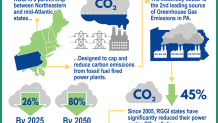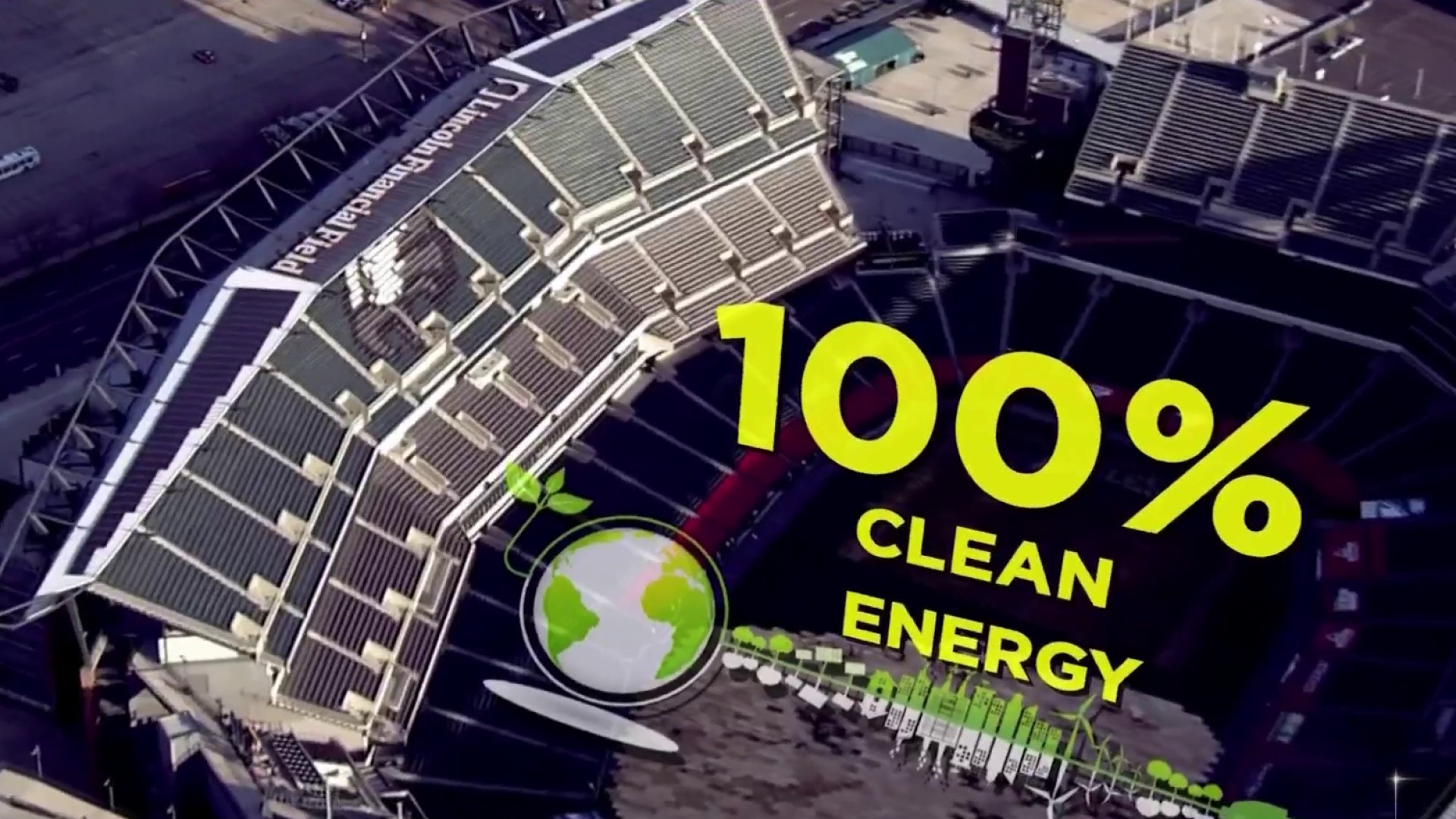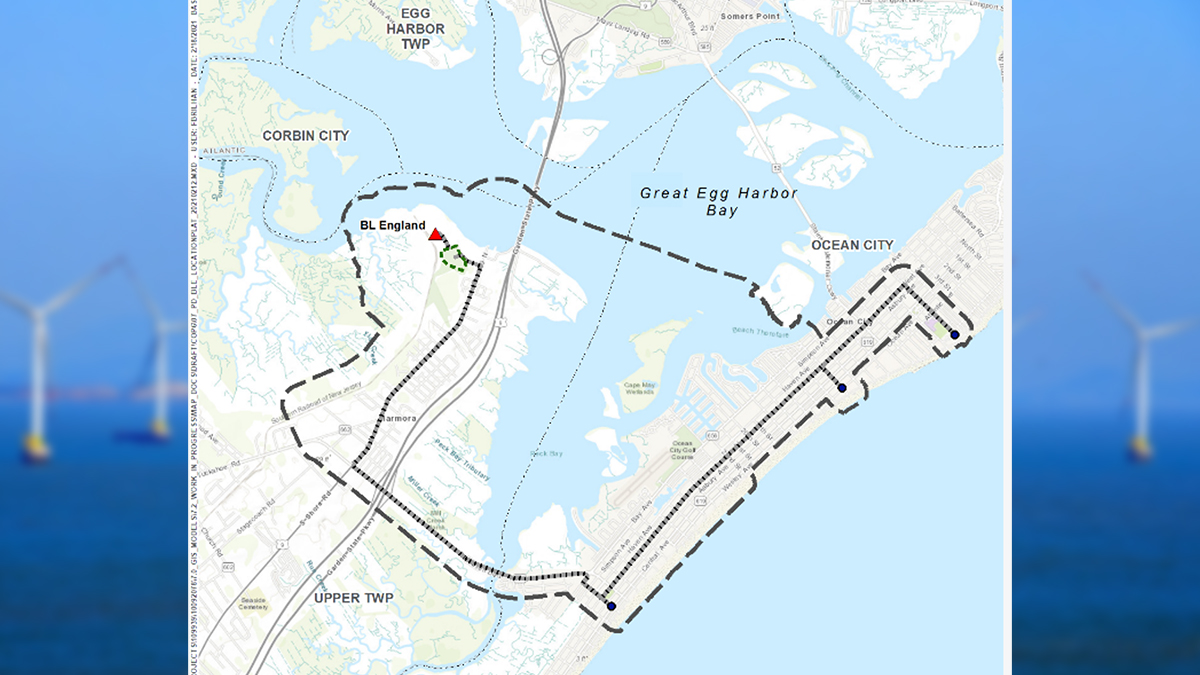Pennsylvania is forging ahead to join 11 states in a fight to decrease Earth-warming carbon emissions by power plants.
Gov. Tom Wolf's administration approved regulations that put Pennsylvania in the Regional Greenhouse Gas Initiative (RGGI, nicknamed Reggie). It's essentially a marketplace where carbon-emitting power plants in 12 states that are members of RGGI must pay a fee for every ton of carbon dioxide released into the atmosphere.
Two of three remaining coal power plants in Pennsylvania announced they would close, citing increased costs to operations because of state regulations. Numerous gas-fired power plants continue to operate across the state.
Wolf, who has pushed for Pennsylvania to join RGGI since 2019, announced the new regulations on Friday that puts the state in the initiative along with Connecticut, Delaware, Maine, Maryland, Massachusetts, New Hampshire, New Jersey, New York, Rhode Island, Vermont and Virginia.
Get top local stories in Philly delivered to you every morning. Sign up for NBC Philadelphia's News Headlines newsletter.
"It's official. I'm proud Pennsylvania is on the path to becoming a leader in the fight against climate change through the Regional Greenhouse Gas Initiative," Wolf said in a tweet.
RGGI is a unique climate change initiative for the United States, where, unlike in other developed countries, there is no federal fee on carbon emissions or cap-and-trade programs. Those initiatives in other countries mean that companies and public utilities must pay for the Earth-warming emissions they create.
The marketplace created by RGGI allows for the power plant owners in the cooperating states buy credits for carbon emissions per ton. The most recent price for a ton of carbon dioxide emissions was $13.50. The prices can fluctuate depending on overall emissions produced by the states involved in marketplace through auctions held four times a year.
The money collected from the fees paid by the power companies is then used by the states for climate change initiatives. Pennsylvania expects to collect about $187 million in the first 12 months, though the amount is expected to diminish over time as carbon-producing power plants are replaced with cleaner energy sources.
Many of Pennsylvania's Republican lawmakers, who hold a majority in the state legislature, oppose RGGI and have tried unsuccessfully to stop Wolf from implementing RGGI. Wolf used his administration's regulatory power to join Pennsylvania, and Republicans sued to have the regulation thrown out. A recent court injunction expired last week, allowing for Pennsylvania to join.
The state is one of the country's largest exporters of coal and natural gas. Senate Environmental Resources and Energy Committee chairman Gene Yaw, a Republican from Lycoming County, who has been one of the strongest opponents of joining RGGI the last two years, has received tens of thousands of dollars in campaign donations from fossil fuel companies.
The Wolf administration expects Pennsylvania's carbon dioxide emissions to decrease by between 97 and 225 million tons by 2030, along with decreases in other harmful airborne pollutants.
Climate Change Stories
"Emission of other harmful pollutants like nitrogen oxides, sulfur dioxide and particulate matter emissions will also drop significantly," according to the Pennsylvania RGGI website. "These reductions will particularly benefit those most often impacted by marginal air quality, such as children and at-risk seniors, especially in low income and environmental justice communities."
A leading environmental advocate in Pennsylvania hailed the state joining RGGI.
"Finalizing this transformative climate policy is a victory for all of Pennsylvania and future generations,” PennFuture President and CEO Jacquelyn Bonomo said. “Pennsylvania is responsible for 4 percent of U.S. greenhouse gas emissions and 1 percent of global emissions. This cap-and-invest program will deeply cut into Pennsylvania’s pollution by limiting what comes from our dirtiest power plants.”
Here's a graphic that shows the way RGGI works.




